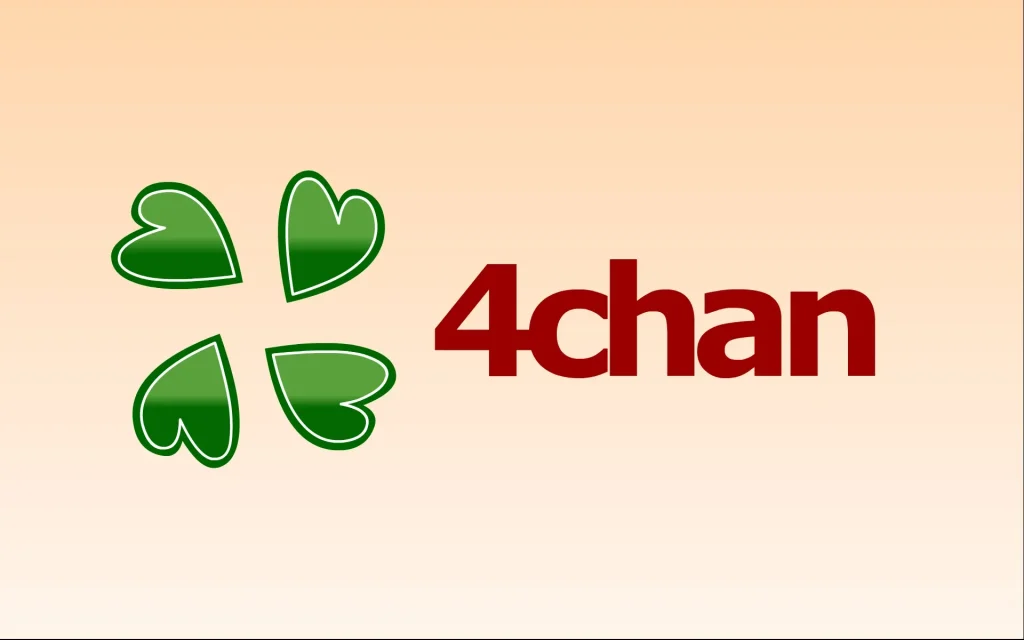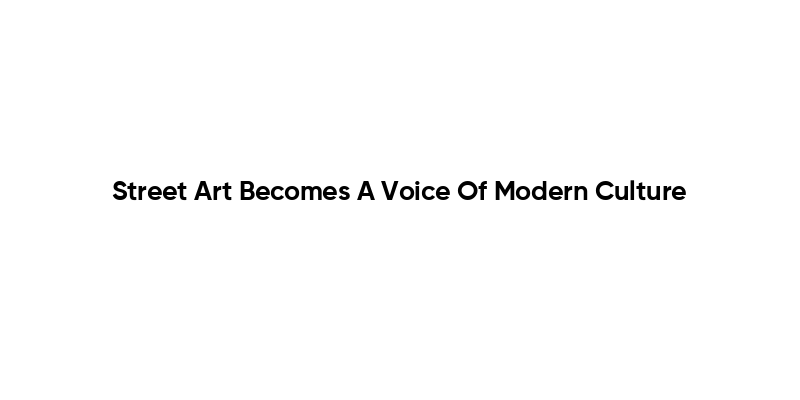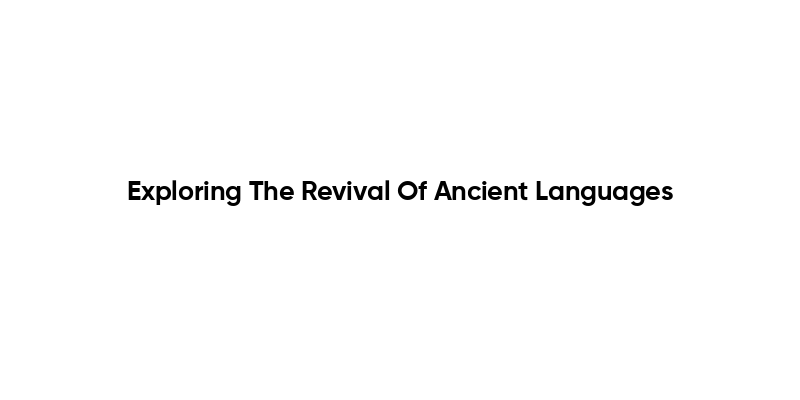4chan, the notorious online forum known for its unfiltered, chaotic content, has become a cornerstone of internet culture since its inception in 2003. Deemed a breeding ground for meme culture and controversial discussions, 4chan’s history is littered with moments that have significantly influenced social media dynamics and online anonymity. Its users, often shrouded in anonymity, crafted a unique internet language that still permeates platforms today. However, as mainstream social media grew increasingly accepting of edgy content, the decline of 4chan became inevitable, overshadowed by sleeker platforms that incorporated its wild spirit without its darker underbelly. Despite its struggles, 4chan’s impact on the landscape of the internet is undeniable, having shaped a culture of raw expression and boundary-pushing discussions that continues to echo throughout digital communities.
The infamous imageboard known as 4chan represents a unique digital ecosystem where anonymity fosters both creativity and chaos. Emerging as a platform in the early days of web forums, it transformed how individuals interact online, providing a space for meme sharing and uncensored dialogue. As it collided with social media’s rise, the evolution of this forum reflected a shift in the type of content deemed acceptable across platforms. While newer forums and apps adopted the audacious spirit of its dialogues, many users have turned their backs on 4chan, seeking fresher venues that embrace a similar ethos. As we delve deeper into 4chan’s role in shaping internet discourse, it becomes clear that even as it wanes, its influence has inspired countless other communities striving to harness the same energy.
The Rise of 4chan and Its Unique Culture
4chan emerged in the early 2000s as a unique space on the internet, inspired by Japanese image boards like 2channel. It allowed users to post anonymously, providing a freedom that defined its culture. In a world where the mainstream was increasingly subjected to censorship and political correctness, 4chan became a refuge for those looking to dive into unfiltered and often controversial content. The site’s impact on internet culture cannot be overstated; its blend of memes, in-jokes, and troll culture laid the groundwork for the kind of discourse we see on social media today.
Within this vibrant ecosystem, a lexicon of slang developed, filled with terms that captured the site’s ethos. Words like “lulz” and “TFW” became a part of the user’s everyday vernacular, creating a shared language among its members. This community-driven communication fostered an atmosphere where humor often outweighed sentiment, and where trolling became an art form. The rapid pace of content turnover on 4chan encouraged constant engagement and fostered a unique bond between users, making it a cultural landmark in the annals of internet history.
4chan’s Influence on Online Discourse
As an incubator for ideas and trends, 4chan’s influence reverberated through the halls of social media. The site’s culture of ‘shitposting’, characterized by random and often absurd or ironic content, has permeated platforms like Twitter, TikTok, and Reddit. This phenomenon illustrates how 4chan’s freewheeling nature has shaped the online discourse, encouraging users to speak in a more playful and irreverent manner. The echoes of 4chan can be felt in the real-time engagement seen across social media, where rapid interactions often mirror the fast-paced environment of the forum.
Moreover, the site has played a significant role in the emergence of memes as a form of political commentary and social critique. The ways memes are used today—both in serious discussions and as tools for mockery—can be traced back to the creative chaos of 4chan. This forum served as a breeding ground for movements and trends that later spilled into mainstream culture; from viral challenges to the rise of ‘deep-fried memes’, it became evident that 4chan had paved the way for a new language of engagement online.
The Decline of 4chan in the Era of Social Media
Despite its influential role, 4chan’s relevance has seen a decline in recent years. As platforms like Facebook, Twitter, and Instagram gained popularity, they absorbed many of the functions that 4chan once uniquely offered. While 4chan was the breeding ground for edgy content and free speech, it gradually became overshadowed by these mainstream platforms that accommodated a broader audience. Content that once thrived behind the veil of anonymity became normalized and commodified elsewhere, diluting the essence that made 4chan stand out in the first place.
The site’s gradual descent into the depths of the internet is also reflective of broader changes in online engagement, where the anarchic self-expression championed by 4chan is often met with backlash and increased scrutiny. As social media companies tightened content moderation policies, many of the extreme views once prevalent on 4chan began to migrate to newer platforms, like Telegram and Discord, where they could remain under the radar. This shift illustrates a growing trend where extremism has found new digital homes, leaving 4chan to grapple with its diminished status in the current internet landscape.
4chan’s Impact on Meme Culture and Digital Communication
The interface of 4chan revolutionized how memes were conceived and shared across the internet. Unlike more controlled platforms, users embraced the chaotic nature of 4chan’s threads, creating memes that were often absurd, darkly humorous, and deeply provocative. This environment fostered a distinct form of digital communication where visual language dominated, and the lines between creator and viewer blurred as users engaged in a collaborative meme-making process. The accessibility and immediacy of these interactions contributed to a meme culture that quickly became a cornerstone of online communication.
Furthermore, the migration of 4chan-born memes into mainstream culture illustrates the platform’s lasting impact. Major brands and even political figures have acknowledged the influence of meme communication, often steering their marketing strategies or public personas to include meme references. This incorporation not only signals the normalization of internet subcultures but also highlights 4chan’s role as a genesis point for many memes that now define online interactions across various platforms. Today, it is clear that the foundations laid by 4chan continue to shape the internet’s visual and cultural vernacular.
The Legacy of 4chan and Its Continued Presence
Even amidst its decline, 4chan’s legacy endures in the shared language and practices of online communities. While mainstream platforms have shifted towards moderated environments, the essence of what 4chan stood for—a forum for unfiltered voices—remains a nostalgic element for many internet users. As newer social media interactions evolve, the rudimentary principles of anonymity and chaotic humor that defined 4chan continue to resonate in various forums and chat spaces across the web.
However, the environment is distinctly different now, as 4chan has been outflanked by other platforms that cater to similar ideologies. While it once thrived as a bastion of political incorrectness, its inability to adapt to the changing landscape has contributed to its standing as a relic of the past. As discussions surrounding internet ethics and content moderation intensify, 4chan finds itself at a crossroads, having established a profound yet turbulent legacy that challenges the very essence of what it means to be part of an online community.
4chan’s Connection to Contemporary Internet Extremism
As the internet evolved, so did the nature and prevalence of online extremism. 4chan was once a frontier where radical ideas flourished, often as part of the fabric of its culture. However, the rise of more structured social media platforms has given birth to alternative forums where extreme ideologies can thrive beyond 4chan’s reach. Encrypted messaging applications and private groups have led to a shift in how and where such ideologies are propagated, marking a new era of digital radicalization that 4chan is only a part of, rather than the core.
The decentralized nature of these emerging platforms now poses challenges that 4chan never faced in its original form. Conversations once held in the public sphere of 4chan have migrated to more secure environments, where accountability is diminished, and anonymity is heightened. This evolution has created a situation where extremist dialogue finds fertile ground in hidden corners of the web—a stark reminder of how quickly the battlegrounds of online discourse can shift and how the dangerous ideas that once ignited controversy on 4chan continue to re-emerge in new, often more insidious formats.
The Evolution of Internet Identity and Anonymity
4chan’s identity as an anonymous forum placed it at the forefront of discussions around online identities and the influence of anonymity on digital interactions. In many ways, it illustrated the duality of anonymity—while it fosters freedom of expression, it also opens the door for toxic behaviors and cyberbullying. Users often embraced their anonymity as a means of liberation, allowing them to express opinions and share content without fear of personal repercussions. However, this same anonymity has led to an environment rife with hate speech and harassment, raising important questions about the ethics of online communication.
As society grapples with the implications of internet anonymity, 4chan serves as a case study of the complexities involved. The forum’s initial appeal has given way to mixed feelings regarding anonymity, especially in light of the extremist content that was able to proliferate unchecked. In a world where personal identities are often linked to online personas, 4chan’s legacy reminds us of the broader moral dilemmas posed by anonymity—a necessity for some, yet a dangerous precipice for others. This ongoing conversation reflects the need for a reevaluation of how anonymity affects our interactions and the very fabric of online community.
Reflections on 4chan’s Cultural Impact and Future Prospects
Examining 4chan’s cultural impact raises significant reflections about the future of unregulated online environments. As new platforms emerge, the chaotic spirit that fueled 4chan’s popularity has been diluted, yet its influence on internet friction and creativity remains undeniable. It has transformed how digital communities interact, showcasing the delicate balance between freedom of expression and the responsibility of online platforms to foster safe environments. The memories of 4chan may serve as both a cautionary tale and a benchmark of what pure unfiltered engagement once looked like.
Looking ahead, the spirit of 4chan persists in the shadows, showing up in the memes, discussions, and attitudes of today’s internet culture. While the landscape has shifted dramatically, the themes of anonymity, edgy humor, and the battle against censorship continue to echo. As newer generations of internet users grapple with these elements, the legacy of 4chan stands as a haunting reminder of the internet’s chaotic roots and the ongoing evolutionary journey of digital communication. Its story may be far from over, as the need for spaces where voices can be heard—free from the constraints of mainstream oversight—remains ever relevant in our digital society.
Frequently Asked Questions
What is the history of 4chan and its cultural significance?
4chan was created in 2003 by Christopher Poole, known as moot, as an anonymous imageboard inspired by the Japanese 2channel. It quickly became a cultural hub for edgy content and memes, significantly influencing internet culture and discourse. Its lack of moderation allowed for a free flow of ideas, leading to the rise of meme culture and a unique community identity.
How has 4chan influenced social media and internet culture?
4chan significantly shaped internet culture by introducing concepts like ‘shitposting,’ trolling, and meme creation. It served as a testing ground for humor and social commentary that has since permeated more mainstream platforms like Twitter and TikTok, showcasing how anonymous interactions can drive online conversations.
What factors contributed to the decline of 4chan?
The decline of 4chan can be attributed to the rise of other social media platforms that provided similar spaces for edgy content and unfiltered discussion. As platforms like Twitter and Discord gained popularity, they outflanked 4chan in attracting users who wanted to engage in similar discussions without the stigma associated with 4chan’s anonymity.
How does 4chan compare to other forums in terms of content and user engagement?
While 4chan once dominated as a hub for uncensored content and political incorrectness, its relevance has waned in the face of newer platforms like X (formerly Twitter), which allow similar discussions with more robust moderation. 4chan is now seen as a basement of the internet, whereas its influence can be felt in the way memes and discussions propagate across various social media.
What impact did the hacking incident have on 4chan?
In April 2025, 4chan was hacked by Soyjak.party, leading to the leak of its source code and the information of its moderators. This event highlighted the platform’s outdated infrastructure and raised questions about its viability as a leading forum. Although it returned online after some downtime, the incident marked a turning point in its legacy, reflecting its precarious position within the modern internet landscape.
Is 4chan still relevant in the context of online radicalization and extremism?
While 4chan remains a space that has been associated with radical ideas and extremist content, much of the online radicalization has shifted to more private and secure platforms like Telegram and Discord. This suggests a change in how extremist communities operate, moving away from public forums like 4chan to more secluded environments.
What role did 4chan play in shaping meme culture?
4chan was crucial in developing meme culture, promoting real-time sharing of images and ideas that influenced platforms like Reddit and Instagram. It established a framework for ‘nonstop playful misanthropy’ that helped cultivate a unique language and humor style, making it foundational to modern internet interactions.
| Key Topic | Summary |
|---|---|
| Origin of 4chan | Founded in 2003 by Christopher Poole (moot), modeled after a Japanese message board. |
| Content Types | The platform hosted a mix of edgy, unfiltered content, including pornography and political rants. |
| Cultural Impact | 4chan influenced internet culture, creating a space for memes, trolling, and online persona anonymity. |
| Decline | As mainstream social media grew, 4chan lost relevance and faced competition from other platforms. |
| Recent Events | Hacked in April 2025, exposing vulnerabilities, but returned with claims of resilience. |
| Current Status | Maintains a niche but faces challenges from private extremist groups on more secure platforms. |
Summary
4chan has become a shadow of its former self, illustrating how platforms can be left behind in the fast-evolving internet landscape. While it once thrived as a hub for edgy content not found elsewhere, the rise of other forums has diluted its once-unique appeal. In the aftermath of its recent hacking and subsequent return, 4chan holds a fascinating position in the digital ecosystem—it remains a relic of internet culture, with echoes in the practices and behaviors of newer platforms. The story of 4chan highlights the complex and often abrasive evolution of online communities, cementing its legacy even as it struggles against newer norms.



